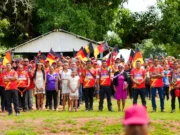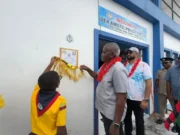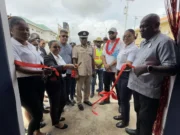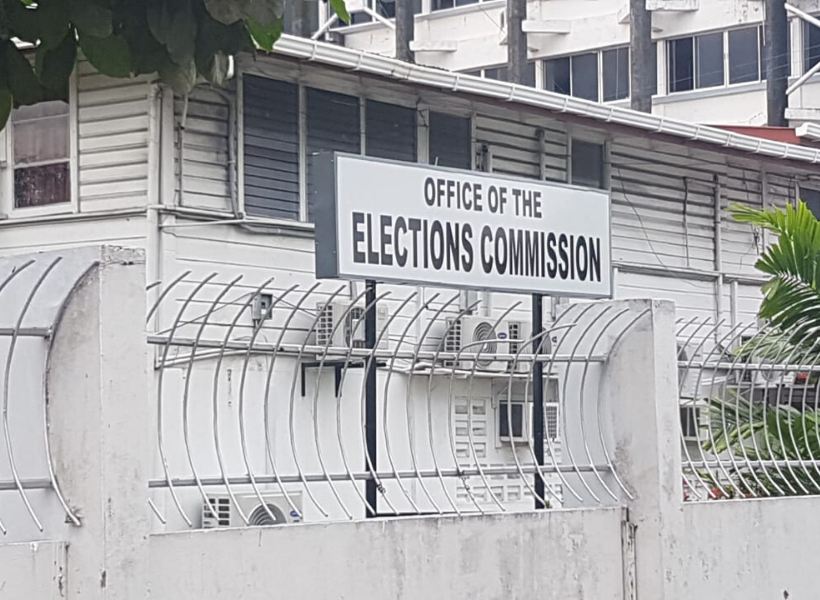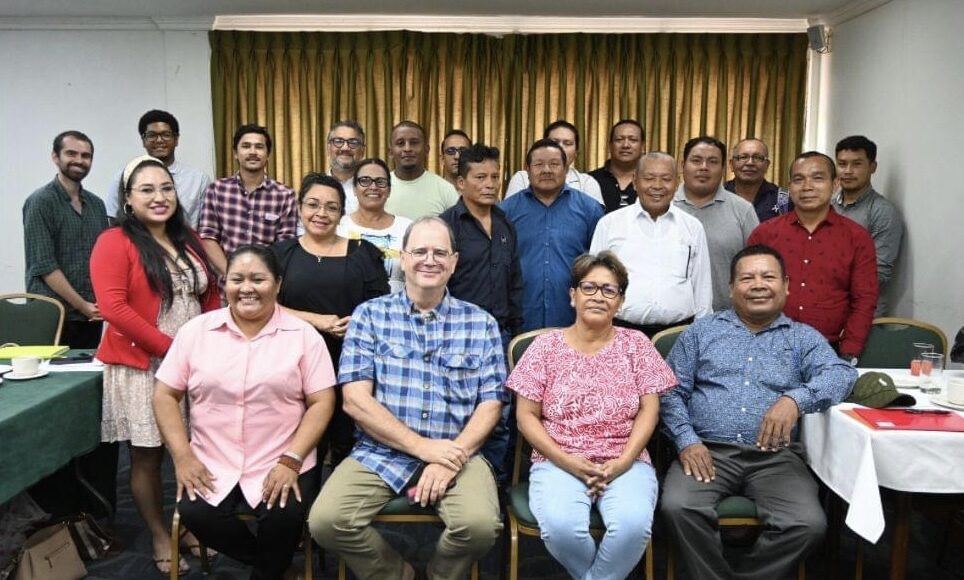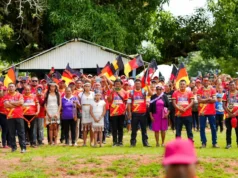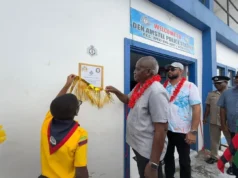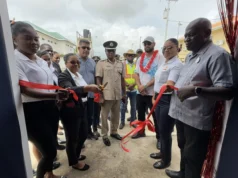The Amerindian Peoples Association (APA) and representatives from several District Councils have met with Aster Global, the appointed auditor of Guyana’s carbon credits scheme. The meeting comes after months of back and forth with the government over its complaint lodged to the Architecture for REDD+ Transaction (ART) Secretariat, which urged the suspension of carbon credits and payments to Amerindian villages and communities in Guyana.
On March 8, 2023, after consultation with Indigenous leaders, the APA filed a complaint with the ART Secretariat outlining that the government violated the principles of Free, Prior and Informed Consent (FPIC) after receiving carbon credits in December 2022. The organisation said that it was made aware that the government had summoned various Toshaos to Georgetown, requesting they bring documents to set up bank accounts to facilitate the transfer of monies from the carbon credits agreement to their villages.
It further claimed that the Toshaos were not informed of the amount of money they will be receiving and how it will be governed which made it seem like there was very little regard for the FPIC process and referred to a it as a “slap in the face of indigenous peoples in Guyana.”
The meeting with Aster Global took place on Saturday, at the Cara Lodge Hotel in Georgetown, which was dubbed as a crucial step towards ensuring compliance with the ART TREES by the APA.
Under the guidance of the its Executive Director, Jean La Rose, the APA’s delegation spearheaded the discussions with the esteemed team from Aster Global that included Principal Scientist and lead auditor Kevin Markham and Forester/GIS Remote Sensing Specialist Sandesh Shrestha. Franklin Paniagua, Director of Policy at ART, also attended.
Representing the District Councils were notable figures, including Vivian Edwards, Waramuri Toshao for the Moruca District Council (MDC); Mario Hastings, Chair of the Upper Mazaruni District Council (UMDC); and Toshao of Kako, Lennox Percy, Paruima Toshao for the North Pakaraimas District Council (NPDC). The APA noted that their presence ensured that the voices and concerns of their respective regions were aptly addressed.
During the meeting, Markham emphasized the importance of Guyana’s second crediting phase (2021-2025) and the verification of carbon credits in adherence to the TREES standards. He acknowledged the APA’s invaluable comments and feedback during the previous crediting phase (2016-2020) and subsequent complaints to the ART Secretariat, which prompted the collaborative engagement.
In a bid to foster transparency and address lingering concerns, Markham posed pertinent questions regarding benefit-sharing agreements, the endorsement of the Low Carbon Development Strategy 2023 by the National Toshaos Council (NTC), and the overall consultation process led by the government. He assured the participants that follow-up meetings would be arranged, if required, to ensure that all queries and apprehensions were adequately resolved.
The District Council representatives also took an active role in the discussion, offering comprehensive information on the legal framework, processes, and guidelines surrounding free, prior, and informed consent (FPIC) and the Aster Global team was able to elucidate their methodologies and reinforce their commitment to complying with the TREE Standards.
